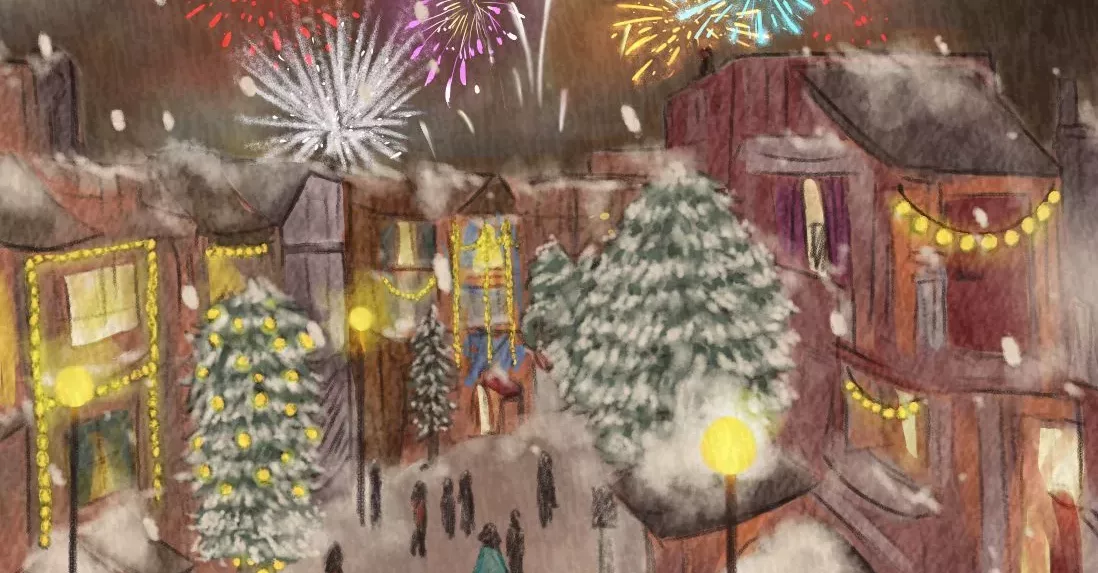New Alcohol Laws in Bangladesh

Earlier in February, a prime point of debate on social media platforms was the new Alcohol Control Rules instituted by the home ministry of Bangladesh on 5 February 2022.
The refurbished Narcotics Control Act 2018 has made provisions for hotels, restaurants, and other food places to sell drinking alcohol legally but with authorized permits. Clubs with 100 or more permit holder members can apply for liquor licenses, and those that have at least 200 members with drinking permits can apply to open bars.
Places that sell alcohol can purchase 40% of the alcohol they need from Bangladesh Parjatan Corporation in exchange for duty taxes at regular rates, or they can import it. The rest is to be bought from local alcohol sources.
Bars are also allowed to be installed in export processing zones (EPZ), resorts, theme parks, other recreation sites, and development project areas habituated by foreign citizens.
On Fridays, Islamic holidays, and any other government holidays, alcohol stores must remain closed. On regular days, these stores have to close up by 10:30 pm unless they have a special license that will allow them to stay open till 1:30 am.
With the approval of the Director General, vendors with licenses can sell alcohol of any brand, and not just in bars and clubs. But the bottles must be labelled with health warnings.
The official legal drinking age is 21 and above, and those who fall under this age range can apply for permits to drink by following proper application procedures.
When the news about regularizing alcohol was posted on news pages with clickbait headlines on social media, like always, followers split up into two teams and blew up the comment sections with some strong opinions.
Many people saw the new rules as a disgrace from a religious standpoint, while others rejoiced at the decision wishing other forms of drugs would be legalized too. The comment wars led to some people opining that road accidents caused by drunk driving will surge in the country now that consuming alcohol has been “legalized”. The supporters of the new regulation argue that those who want to consume alcohol would consume it anyway, legal or not, and that drunk driving is not anything foreign in the country.
Apparently, the new law that has stirred up chaos among people in the country isn’t anything close to alcohol laws in Western countries. The new provisions have only made some regulations for traders and retailers to sell alcohol to the general public.
So, what’s different now? Among other changes, one is the imposition of a legal minimum age of 21 to receive an alcohol permit. Fees for obtaining and renewing alcohol permits and licenses have also been raised. Licenses and passes are also mandatory for the purchase, storage, production, processing, marketing, transportation, and import-export of alcohol products.
Even before the recent inclusions, the Narcotics Control Act 2018 mandated Muslims in Bangladesh, for whom drinking is prohibited by religion, to obtain alcohol permits only for medical purposes. To apply for the permit, the individual is required to submit a prescription provided by a civil surgeon or a doctor with the lowest acceptable rank of Associate Professor. The prescription must state the patient’s condition and explain why an alcohol treatment is necessary.
There has been no alteration to this particular law for Muslims, hence, the new rules don’t pose any threat to the religious sentiments of the citizens.
Also, under the older version of the Act, foreigners and foreign and diplomatic passport holders in Bangladesh could collect and drink alcohol without permits. Natives of Rangamati, Bandarban, Khagrachhari were also allowed to drink alcoholic drinks indigenous to their regions without any permit. The no-permit policy also applied and still applies to small tribal groups and daily labourers such as domes, cobblers, sweepers, and tea-garden workers for drinking Taree and Pochui- beverages made of fermented liquor and spirit.
Making alcohol available at tourist spots was basically a move to increase revenue in the tourism sector. So has been stated by Manjurul Islam, Deputy director (preventive education) at the Department of Narcotics Control in Dhaka. He also said that the new provisions were put in place to match the changing mentality of the citizens.
Many will agree that one flipside of alcohol not being legally available is that people who want to drink resort to black markets. These unregulated markets often sell adulterated or low-quality liquor that may lead to death from alcohol poisoning for the consumers. On the other hand, a legal and regulated market is supposed to reduce the chances of such fatalities.
The bottom line is there’s no reason to jump to conclusions over anything you see on the internet without doing minimum research. And the truth is, you can’t stop anyone from doing what they want to, using whatever means they want to use.
Keywords: new alcohol law in bangladesh, alcohol law in bangladesh 2022,















1 Response
[…] Padma Bridge: Tide of Development or Waste of Resources?Subway Network in the Capital of Bangladesh- A Solution to the Outrageous Traffic Congestion is AfootNew Alcohol Laws in Bangladesh […]